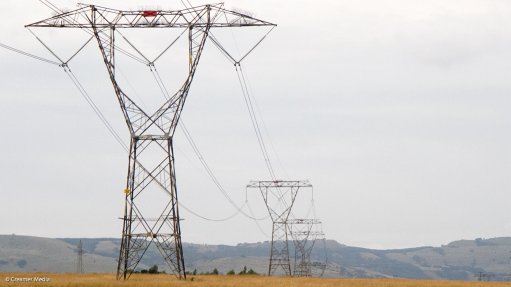
GABORONE – New research published by Australian firm Breakaway Research says African Energy Resources (AFR) could end the regional power crisis in Southern Africa if it fully exploits the power-generation potential of its resources in Botswana.
In a report released early this week, Breakaway Research said the ASX-listed company’s could alleviate the regional power crisis by operating its three Botswana-based coal-fired power generation stations, which can easily feed the Southern Africa Regional Power Pool (SARPP) as they lie close to the borders of at least three neighbouring countries.
“Power blackouts in many of the countries, especially South Africa, are adversely affecting business and industry and causing major inconvenience to domestic users. Some countries, such as Zambia and Botswana, are currently reliant on expensive diesel-fuelled generation as part of their base load, in some cases importing diesel-generated power at up to 18c per kWh.
“AFR is ideally positioned to take advantage of regional power demand because all of its Botswana power generation projects are centrally located in relation to the South African Power Pool (SAPP) transmission grid and in close proximity to grid connection. All of AFR’s three projects are located adjacent to the north-south railway line and are easily accessed by road,” the research group said.
AFR owns the Sese, Mmamatswe and the Mmamabula power projects in Botswana. The report said conditions in the region are currently ideal for investment in independent power production projects in the region, as all existing generation projects are owned by financially distressed State-owned entities.
“Furthermore, power plants currently in the development pipeline are running well behind schedule and over budget, while several of the power stations recently built are performing well below expectation. This suggests that power deficits are very likely to persist.
“Therefore, non-State participation in power generation in the area, initially on a supplementary basis, is likely to form part of the solution,” the report said.
The Sese power project, includes a proposed 80 km long cross-border transmission line that would connect Botswana to Zambia, Namibia, South Africa and Zimbabwe.
AFR has signed a $20 m binding sale agreement for the Mmamantswe project, while joint-venture partners are being sought to incorporate the Mmamabula West project into South Africa’s Independent Power Project.
The report said AFR also stands to benefit from its better capitalisation and the adoption of funded development partnerships to reduce funding risks: “Funding risk is being managed through the introduction of development partners at each project, which brings not only balance-sheet strength but also engineering, project management skills and commercial knowledge of the local power market,” the report concluded.